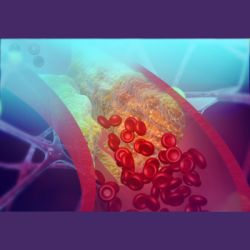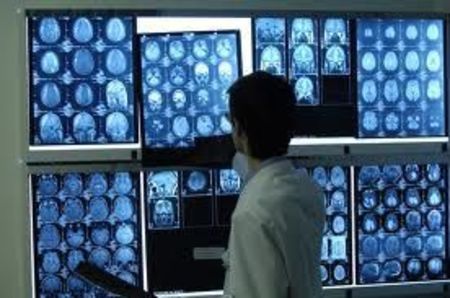The American College of Radiology (ACR) have responded to the August 24, Joint Commission (TJC) Sentinel Event Alert entitled “Radiation Risks of Diagnostic Imaging.” The ACR states as follows that such alerts are issued periodically by TJC to describe underlying causes of these sentinel events and to suggest steps to prevent occurrences in the future.
This alert indicates general agreement that “care should be taken to weigh the medical necessity of a given level of radiation exposure against the risks, and that steps should be taken to eliminate avoidable exposure to radiation.” This message concurs with the message that the ACR has been sending to its members, patients and the general public for several years.
However, the alert indicates that the CMS January 2012 requirement for accreditation of CT, MRI, and PET was promulgated “as a result of the potential dangers associated with ionizing radiation.” The ACR, a sponsor of the legislation requiring this accreditation, considers this statement inaccurate, first because the legislation is aimed primarily at ensuring a high level of quality for these modalities, including inspection and evaluation of image quality and, second because MRI, a component of the accreditation requirement, produces no ionizing radiation.
A second inaccuracy is the statement that the ACR launched its National Radiology Data Registry (NRDR) in May. In fact, NRDR has been in existence since 2008. In May 2011, the ACR launched its Dose Index Registry (DIR), a national registry that permits facilities to monitor dose from each CT scanner and compare those doses to national benchmarks. The TJC Alert unfortunately makes no specific mention of the existence of the DIR.
We are pleased TJC acknowledges that “experts disagree on the extent of the risks of cancer from diagnostic imaging” but we are concerned with the recommendation for “awareness of the potential dangers from diagnostic radiation among organizational leadership, hospital staff and patients” considering that there is significant scientific disagreement on the magnitude of those dangers.
In general, the ACR applauds TJC’s alert for its comprehensiveness and strong recommendations regarding selection of the right procedure and the right dose, creating effective processes, ensuring safe technology and promoting a safety culture. The College is particularly pleased to have already addressed, through its DIR, recommendation 19 which endorses the creation of a national registry to track radiation doses.























